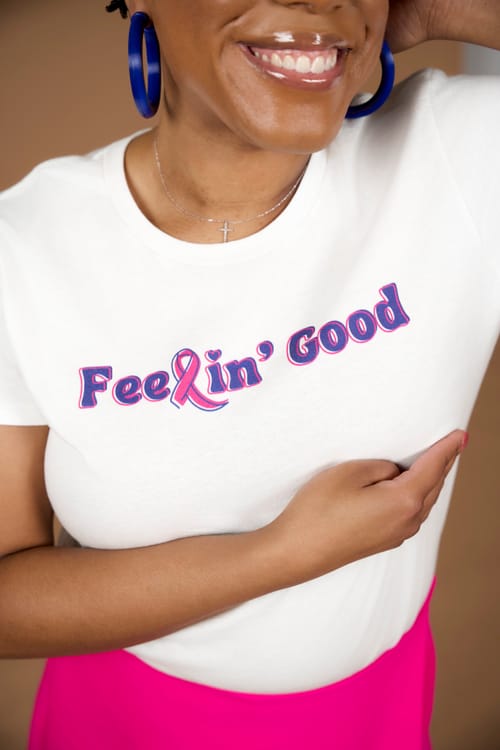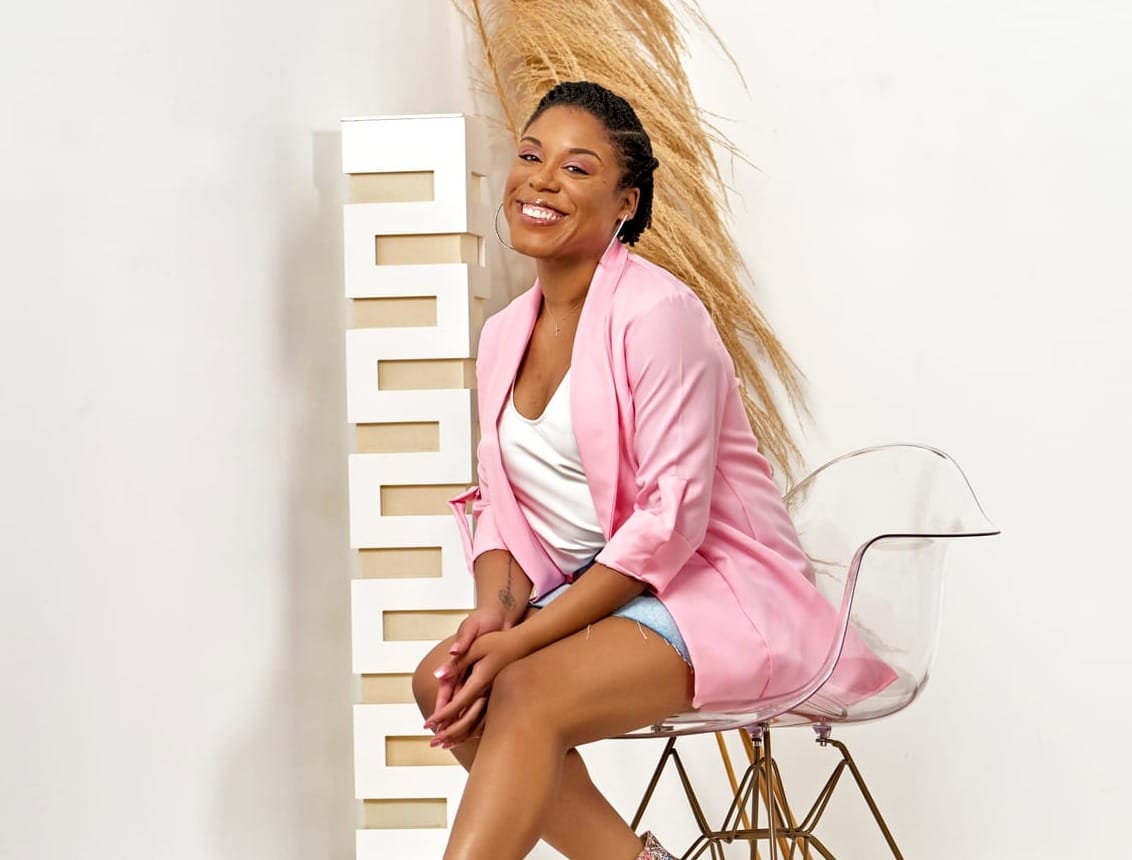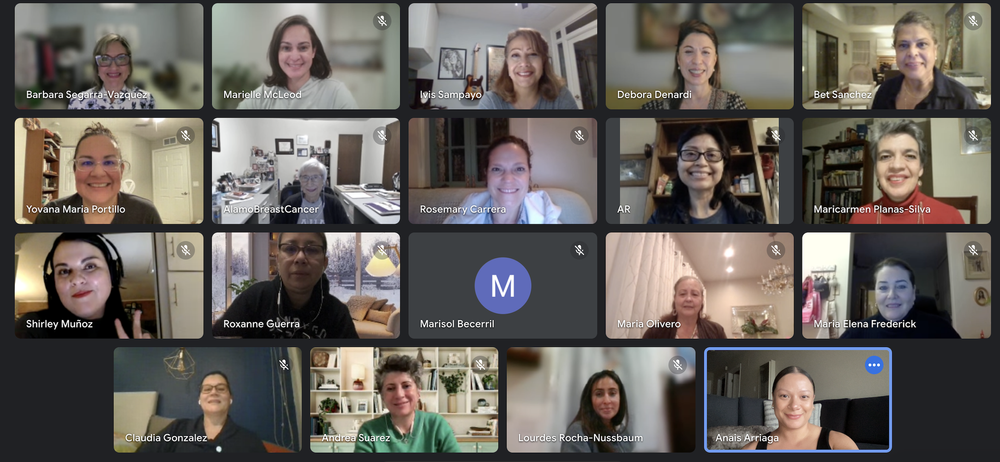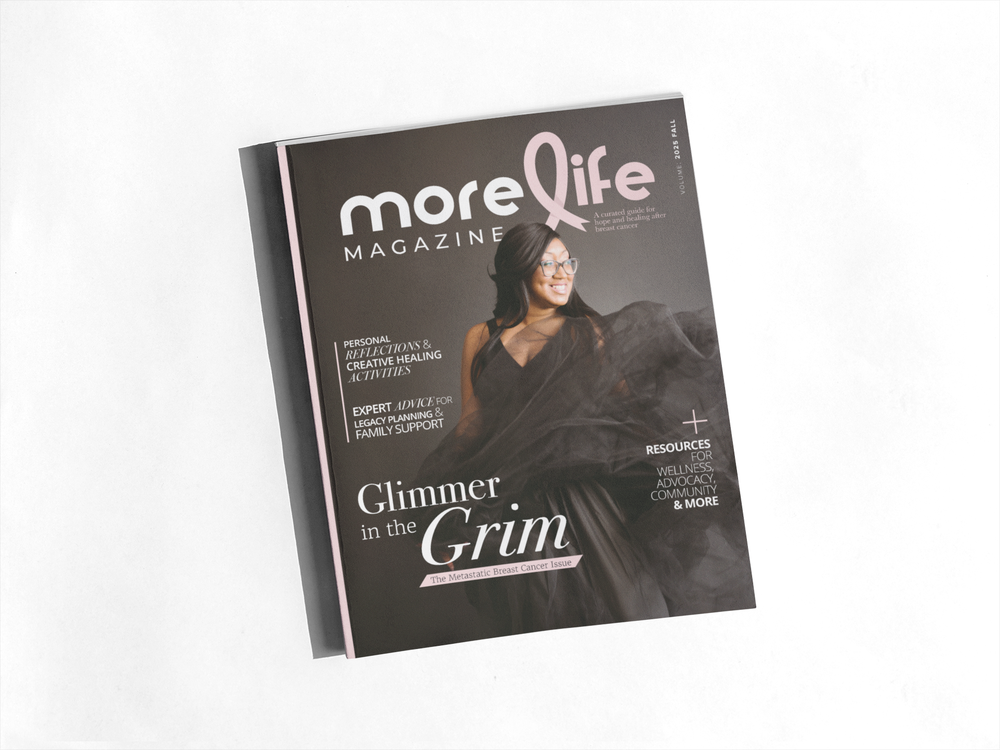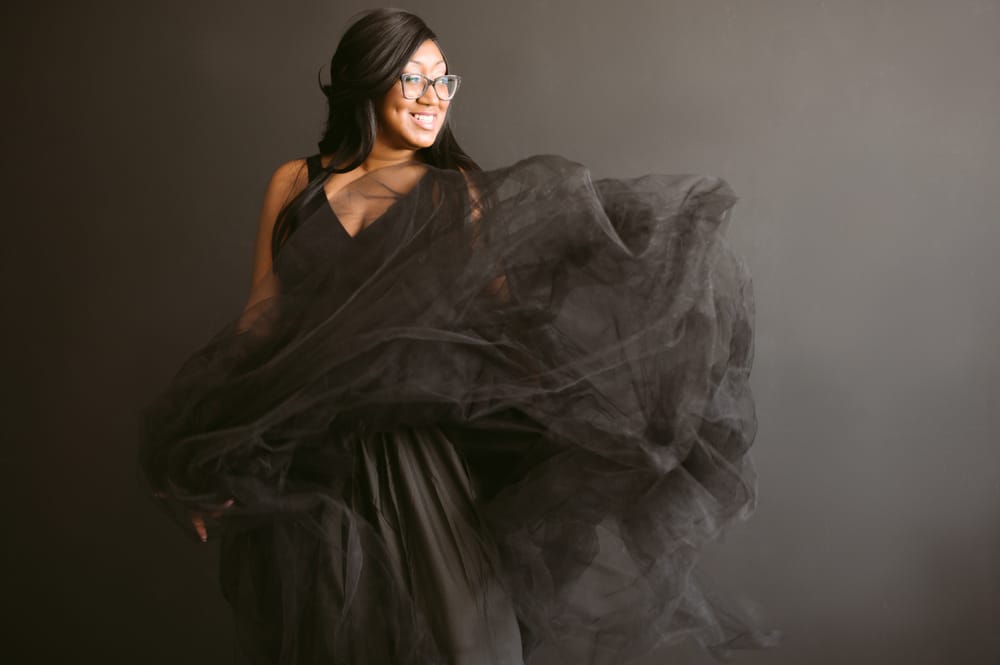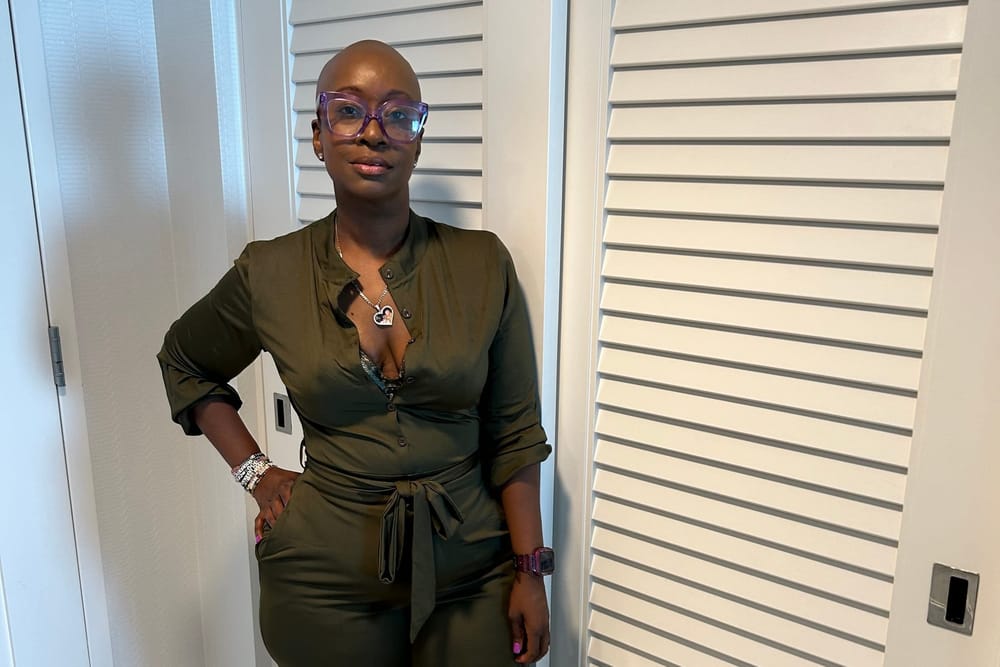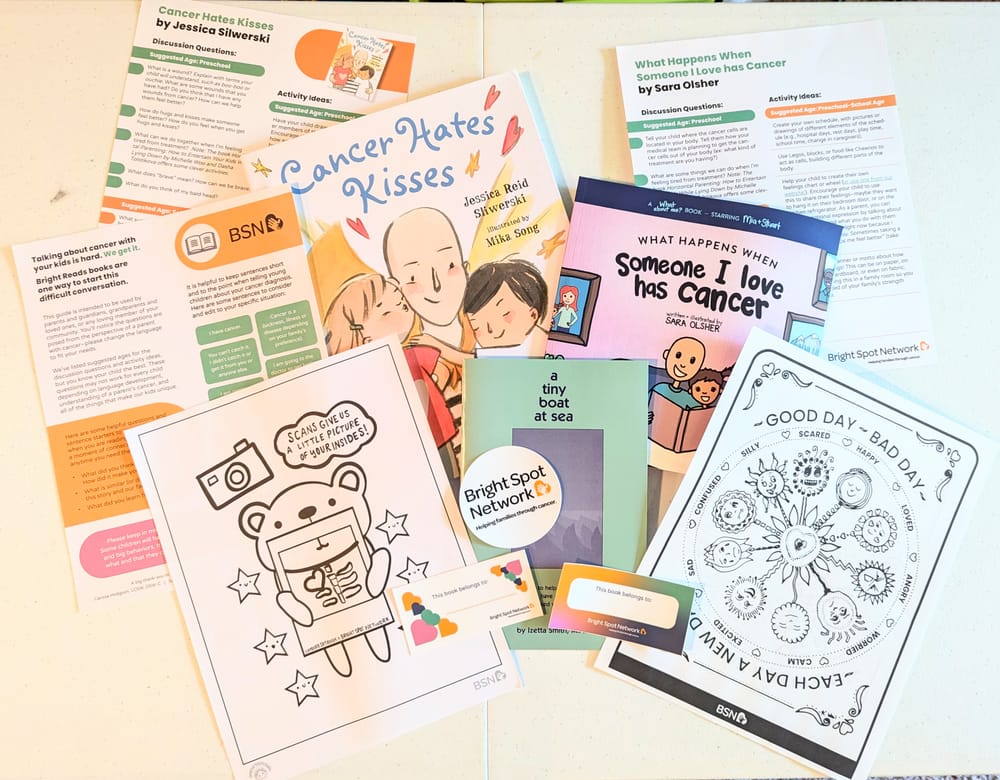According to the U.S. Census, as of July 2022, the Hispanic population is the nation's largest racial or ethnic minority, representing 19% of the U.S. population. Cancer is the leading cause of death among Hispanic people and yet, Hispanic advocates are highly underrepresented in the cancer community.
The Latino Advocacy Training Program created by Barbara Segarra and Sandi Standford with the support of Dr. Amelie Ramirez is working to change that narrative. Barbara and Debbie Denardi, an advocate mentor for the new initiative, shared how they’re working to increase the participation of Spanish-speaking communities in cancer advocacy and the importance of Latino advocates to get involved.
Barbara, a professor at the University of Puerto Rico and a two-time breast cancer survivor, turned her personal experience into a passionate advocacy. "I became a general advocate in 2004, serving locally to a Komen affiliate doing fundraising, educating and things like that," she shares. Over time, Barbara's interest shifted to research advocacy, leveraging her science background to delve deeper into the complexities of the disease.
Debbie's journey into advocacy was prompted by a family history marked heavily by cancer. She lost her mother and three of her aunts to breast and ovarian cancer at a young age. Later, she was diagnosed with triple-negative breast cancer and learned she carried the BRCA1 mutation, a genetic variant strongly linked to breast and ovarian cancers. "I started advocating first for me... doing as much as I can just to make sure that we can leave a legacy for our families," she explains.
A diverse community with vast needs
Both Debbie and Barbara have had personal experiences that have shaped their work. Barbara, speaking primarily in Spanish during her treatment in Puerto Rico, mentions being able to receive the same treatments available in the States without having to worry about language barriers. However, she recalls the struggles faced by her non-English-speaking aunt in Florida, whose caregiver hesitated to translate during treatment discussions for fear of influencing decisions.
Debbie, living in Miami, faced a different set of challenges. Despite the large Latino community, she had to search for an oncologist who treated her as a patient first, rather than merely handing her booklets to read in a hallway. She noticed the hesitation many patients had about seeking second opinions and their assumption that they should follow a doctor's treatment plan without question out of respect, a cultural norm she aims to change.
Debbie emphasized the multifaceted nature of health inequalities, extending beyond race and ethnicity. According to the American Cancer Society, "In the US, compared to non-Hispanic Whites, Hispanic individuals have lower levels of educational attainment and are more likely to live in poverty. In 2019, 16% of Hispanic individuals lived in poverty compared to 7% of non-Hispanic Whites. However, major differences within the Hispanic community according to country of origin persist."
Barbara also shared her experiences with survivors oblivious to their personal health status. She was alarmed to find that around 33% of participants in an educational activity for survivors she organized didn't know the type of cancer they had or the stage they were in, indicating a pressing need for patient education.
Creating the first Latino cancer advocacy training in the U.S.
The Latino Cancer Advocacy Training program was born out of a recognized need for better representation and education within the Latino community regarding cancer advocacy and research.
As Barbara recounted, the idea for the new training is an evolution of a program she developed in 2017 with colleagues Dra. Edna Pacheco and Dr. Michelle Martinez called HIDEAS (Hispanics Increasing Diversity to Enhance Advocacy and Science).The program, held in Puerto Rico, aimed to educate breast cancer survivors about research advocacy. Despite significant challenges such as Hurricane Maria, the program managed to keep the participants engaged and informed about opportunities in various conferences and initiatives.
Eventually, Barbara realized the need to extend her efforts beyond Puerto Rico and by 2018, she and Sandi from the Alamo Breast Cancer Foundation started hosting patient advocate sessions during lunchtime at the Advancing the Science of Cancer in Latinos conference. Barbara recalls, "It was during the fifth Latino conference organizing committee meeting, I asked Dr. Amelie Ramirez if Sandi and I could find the funding, could we do a program similar to what I did in Puerto Rico?" She envisioned a pre-conference training program, similar to Project Lead and Alamo, but with a unique twist.
Their quest for funding proved successful with support from Exact Science and Pfizer. She and Sandi planned for at least 12 advocates, two mentors, and themselves. They invited Debbie to serve as a mentor. They were able to accept 14 participants and two mentors.
After establishing the team, they created and distributed an application for interested individuals. Bilingualism, Latino heritage and diversity among advocates were important to the process. Due to the need to grow the general Latino cancer advocacy community, they decided to open the program to advocates of all cancer types. Barbara enthused, "We received 32 applications in less than a month. The stories of these people are amazing, and their eagerness to do something is inspiring."
The program seeks to equip Latino advocates with the understanding and tools to make a significant difference in their communities by participating in decision making committees, working with researchers and advocating for greater representation in clinical trials. Barbara highlighted the program's educational component, which includes virtual sessions and on-site topics on the basics on cancer, genetics, clinical trials, and drug development. Thanks to a partnership with GRASP, the selected advocates will also have the opportunity to participate in a scientific poster walk-through.
Another main goal of the program is to build a database of Latino advocates. Using a train-the-trainer model, the first graduating class will go back to their communities and recruit and train other Latino advocates. This database will be instrumental in not only making it easy for researchers to find patient advocates, but to also find patients interested in clinical trials.
A call to action for the Latino cancer community
Debbie opened up about the challenges of being the only one at the table, her accent sometimes dismissed, but she emphasizes the importance of persistence, stating, "Just being there and showing up consistently really makes a difference."
Barbara echoed this sentiment, sharing, "It's not gonna happen today. It's not gonna happen tomorrow, but it will happen. It took me like 12 years to really see this come through, and it's amazing."
Despite any feelings of discouragement or not belonging, the power of one should never be underestimated. A single individual can bring about transformative changes, shaping the future for years to come.
Their dialogue sends a clear call to action for Latino advocates: it is vital to have a seat at the table. They encourage potential Latino advocates to join them in this journey, assuring them that their voices will make a difference because in their own words, "if we are not there, we cannot give our opinion."
Latino advocates have the power to influence, impact, and inspire, both within their community and beyond. If you'd like to learn how to get involved or support this effort, contact latinocanceradvocate@gmail.com.
We want your feedback!
Did you learn something helpful or find a new resource? Tell us how we're doing by completing a short 5-question survey and get the chance to win a $25 Amazon gift card.
Take the Survey